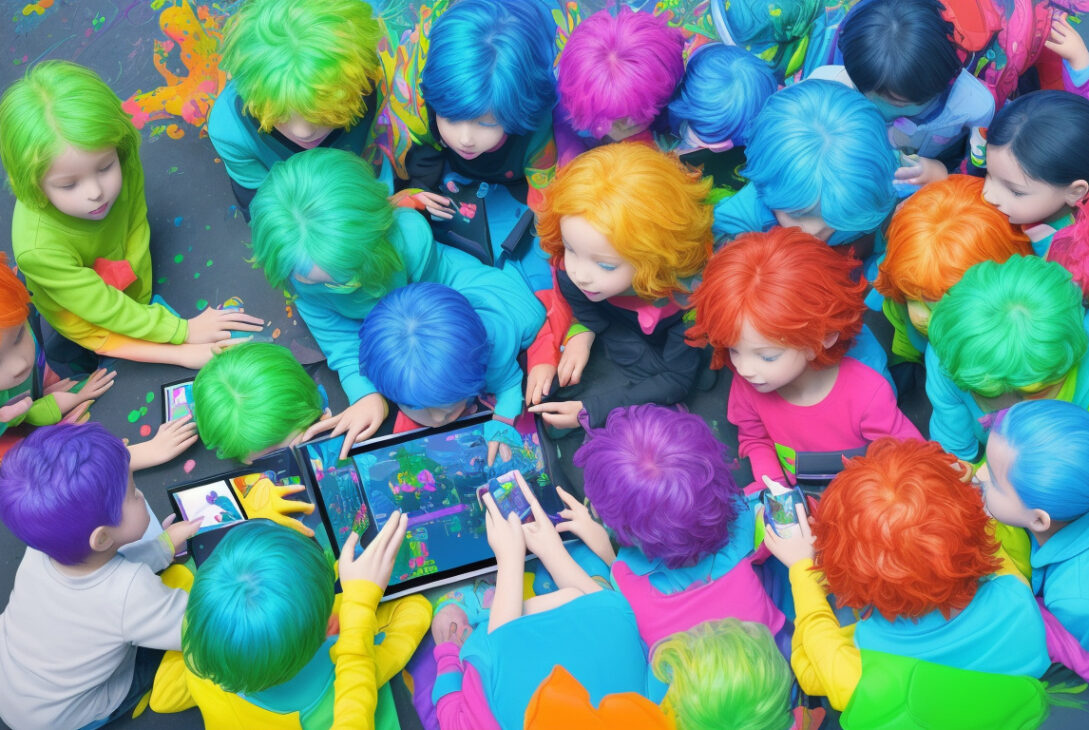Understanding Self-Regulation and Technology Use Among Kids: What Recent Research Reveals
In today’s digital era, children and teenagers are immersed in technology like never before. With nearly half of teenagers reporting they are online "almost constantly," according to a Pew Research Center survey, understanding how young people manage their technology use is critical. A new comprehensive analysis sheds light on the complex relationship between self-regulation—the ability to control impulses and manage behavior—and the use of digital devices among youth.
The Pervasive Presence of Technology in Youth Lives
From video games and social media to mobile phones and streaming services, digital technologies now play a central role in the daily lives of children and adolescents. These tools influence education, social interactions, and personal development, presenting both opportunities and challenges for healthy development.
The term self-regulation refers to a set of mental skills that allow individuals to manage their emotions, impulses, and behaviors constructively. In the context of technology use, self-regulation determines how well young people can moderate screen time, resist distractions, and navigate digital environments safely and effectively.
What the Latest Meta-Analysis Found
A recent meta-analysis combined data from 183 studies involving more than 234,000 children and adolescents aged 0 to 17 years. The research focused on digital recreation, or technology use outside of educational activities, such as gaming, social media, and internet browsing.
Key findings from this large-scale review include:
-
Higher self-regulation is linked with slightly reduced overall screen time. Children and teens with stronger self-regulation skills tended to spend less time watching TV, playing video games, browsing the internet, and engaging with social media. Interestingly, smartphone usage was not significantly lower among those with better self-regulation.
-
Poor self-regulation is associated with more problematic technology use. This includes excessive video gaming, risky behaviors like sexting, interacting with strangers online, and multitasking across multiple devices. These behaviors can increase the risk of negative outcomes.
-
Technology is not inherently harmful. While concerns about screen time are common, the researchers emphasize that digital platforms can also offer cognitive, educational, social, and emotional benefits, such as developing problem-solving skills, fostering connections, and providing enjoyable challenges.
The authors of the study suggest that worries about children’s self-regulation in relation to everyday digital recreation might be somewhat exaggerated. Most kids, especially those with higher self-regulation, do not engage in digital activities to a degree that is meaningfully detrimental.
Strategies for Supporting Self-Regulation in Children
Since self-regulation appears to play a significant role in preventing problematic technology use, fostering these skills in young people is important. The Child Mind Institute recommends practical approaches for parents, caregivers, and educators:
-
Provide scaffolding during challenging tasks: Support children as they learn to manage frustration and develop problem-solving strategies. For example, guide a child through a difficult homework problem and then encourage independent completion.
-
Practice difficult situations in a safe way: Help toddlers manage impulses during routine activities, such as leaving the grocery store without a treat, by rehearsing these scenarios without additional demands.
-
Encourage reflection: After a child experiences frustration or poor impulse control, discuss the situation calmly to identify what went wrong and explore better choices for next time.
-
Incorporate mindfulness and meditation: These practices can enhance emotional regulation by increasing awareness and self-control.
Conclusion: A Nuanced Perspective on Kids, Self-Regulation, and Technology
The growing body of research indicates that the relationship between kids’ self-regulation and digital device use is complex. While better self-regulation is associated with modest reductions in screen time and fewer problematic behaviors, technology itself is not inherently detrimental. Instead, fostering strong self-regulation skills may be key to helping children navigate digital spaces safely and healthily.
As digital technology continues to evolve and shape youth experiences, understanding and supporting self-regulation remains a vital element in promoting balanced, positive interactions with technology among young people.
Author’s Note:
This article draws on a meta-analysis conducted by the Bronfenbrenner Center for Translational Research at Cornell University and summaries provided by Psychology Today. For further reading and resources about self-control, anger management, and child development, explore the Psychology Today website or consult a qualified mental health professional.
Related Resources:
- Child Mind Institute: Tips for building self-regulation
- Pew Research Center: Teens, social media & technology overview
- Mindfulness practices for kids and teens
Get Help:
If you or a child you know struggles with managing technology use or related emotional challenges, consider reaching out to a therapist specializing in behavioral and developmental issues. Psychology Today offers a directory to find therapists in your area.










